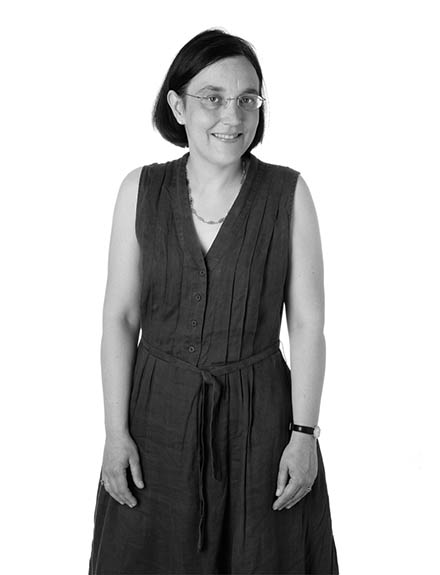| marie-hélène le ny |
|
photographist |

|
“Cornelius
Agrippa, a humanist known throughout Europe at the beginning of
the sixteenth century, defended the paradoxical superiority of
women. In this founding text, he presented proto-feminist ideas:
we judge women to be inferior because of their education and
because of custom. Agrippa reinterpreted Genesis to show that
women are superior to men in all respects. This was, of course,
a rhetorical exercise, but feminists have certainly drawn inspiration
from this. When I started my research, I was fascinated by the
political positions of women during the English Revolution, an
extraordinary period in the middle of the seventeenth century,
where women demonstrated in the streets and petitioned. I was
passionate about their writings and pamphlets which I studied
in Cambridge during my PhD in English literature and civilisation.
Gender categories existed in the seventeenth century; the word gender appears in medical treatises. Sermons and moral speeches in the end assigned the learning of gender roles to nature. In practice, there was a fair amount of "porosity" between the activities of the two sexes. For example, up until the Restoration, women did not have the right to appear on stage, and women's roles were played by men disguised as women. It was therefore accepted, by convention, that a man dressed as a woman was a woman for the spectator. The biological approach to the sexes was developed by biologists and doctors in the 19th century. When I teach my students about the origins of patriarchy, they are always surprised to realise that all of western culture – and far beyond – is based on the prejudice of the inferiority of women.” |
||
|
Claire Gheeraert-Graffeuille University lecturer, ERIAC, University of Rouen |
|||
|
|
|
|